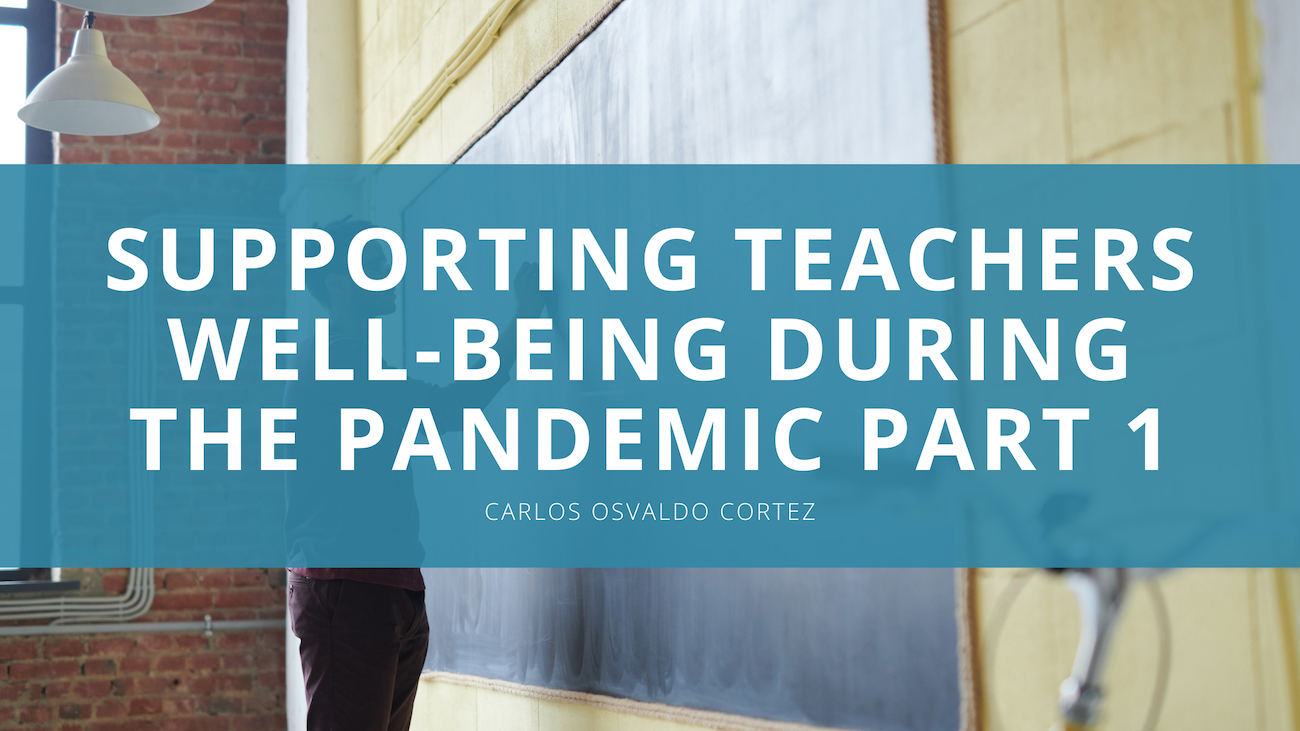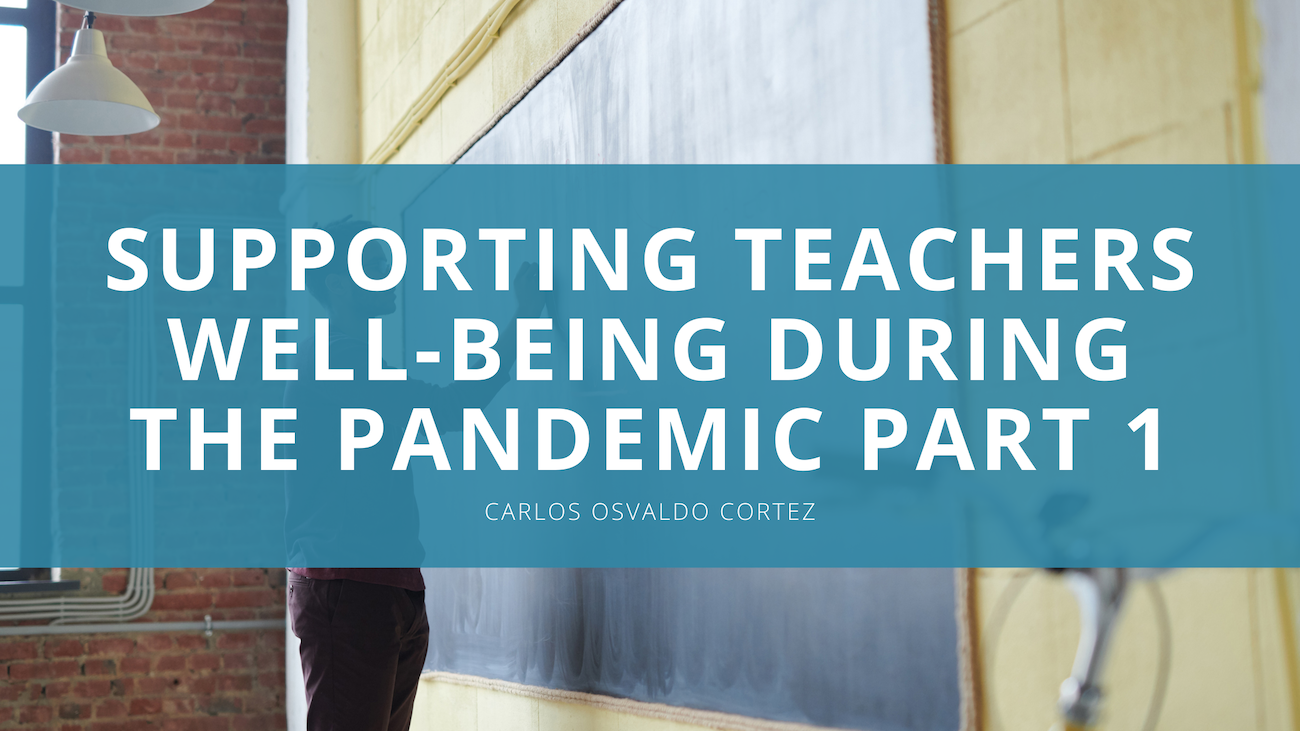
Everyone was dealing with unprecedented uncertainty, from worrying about the possibility of loved ones getting sick, to childcare, and household job loss, and teachers were not an exception. Teachers, in particular, faced an incredible sense of helplessness. Not only did they have to deal with their own personal afflictions, but they also dealt with the loss of their professional efficacy.
It should come as no surprise that teachers experience higher levels of job satisfaction and are less likely to feel burnout when they feel confident and capable in their positions. Before the pandemic 6 in 10 teachers rated as highly stressed. Now as the education system continues to deal with the pandemic, educators’ feelings of competence continue to take a hit. From addressing students’ most basic needs without contact to making learning experiences that are engaging and effective, teachers have a lot on their plates. So how can leaders help to support teachers’ well-being and restore a sense of efficacy to these hard-working individuals during such difficult times?
Creating Better Conditions for Efficacy
Educational leaders must ensure that teachers are healthy. Many school systems focused on addressing the challenges of transitioning students to online learning but failed to acknowledge the pressure being placed on the teachers. How can teachers take on the new instructional challenge if they aren’t feeling well emotionally or physically and aren’t supported? Leaders must proactively offer their teachers support, through professional resources to open and clear communication.
Things such as lived experiences, personal mindsets, and organizational conditions are all sources of efficacy. Professional conversations should be centered around problem-solving, which keeps them productive and avoids building a sense of pessimism. People are happiest when they’re making progress, whether big or small. Studies show that setting meaningful goals and working towards them can help people make major strides in improving their mental health and personal well-being.
It is very common for school districts throughout the country to focus heavily on attracting and hiring teachers, however, retaining them is left out of the equation. By providing educators with self-care strategies they will feel more confident and supported, and in turn, have a much more positive impact on their students.
Originally published on Carlos Osvaldo Cortez’s website.


